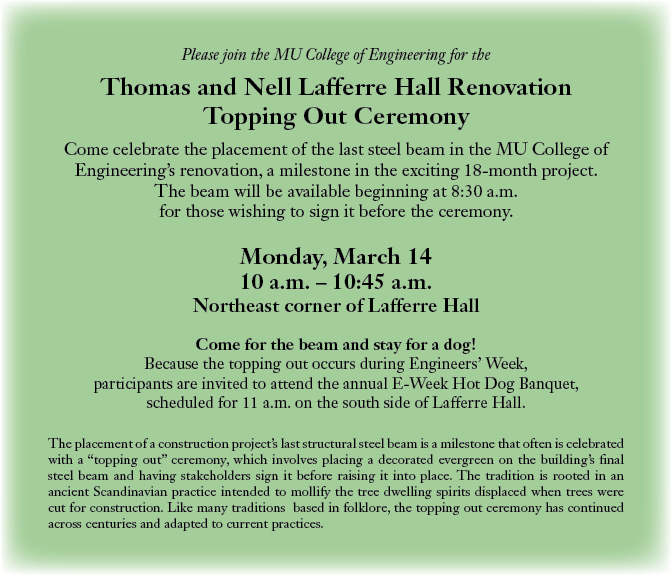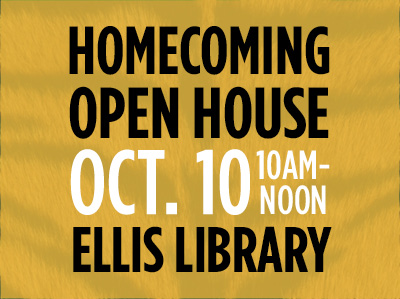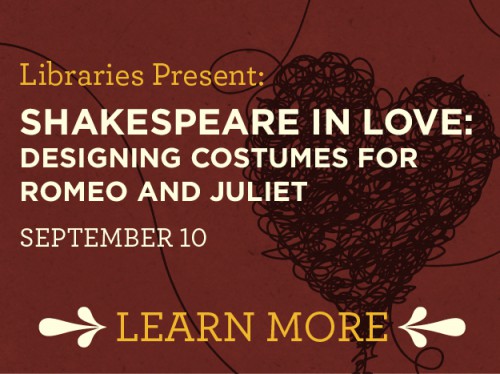An intriguing event is coming up in Ellis Library! It's called "Life and Letters in the Ancient Mediterranean" and is being presented by the departments of Classical Studies, Art History and Archaeology, Special Collections, the Missouri Historic Costume and Textile Collection, and Gamal Castile. See actual artifacts of everyday life in Ancient Greece, the first books by Classical poets printed on this side of the Atlantic, a 3000 year old fragment of the Egyptian Book of the Dead, authentic reproductions of Ancient Greek hoplite weapons and armor along with a demonstration of Ancient Greek warfare tactics.
Please join us for a multi-department celebration of Ancient Mediterranean Life and Letters 5 p.m. Monday, October 10 at room 114A Ellis Library. Special Collections Librarian Tim Perry will introduce the range of materials relating to the ancient Mediterranean that are housed in Ellis Library's Special Collections, from a 3,000 year old fragment of The Book of the Dead to an translation of Cicero printed by Benjamin Franklin. The event will be a riveting and valuable source of information. Any and all are welcome. We hope to see everyone in Ellis Library room 114A on October 10, 2016.


